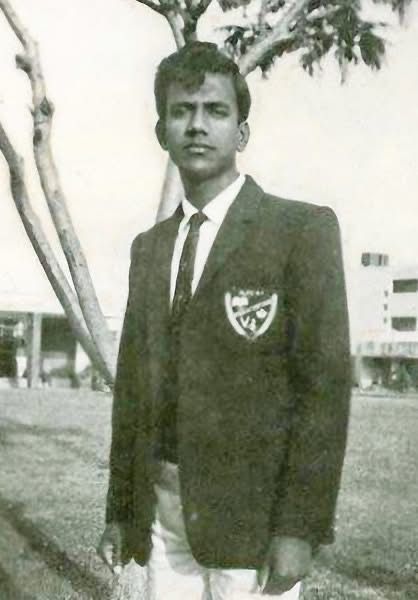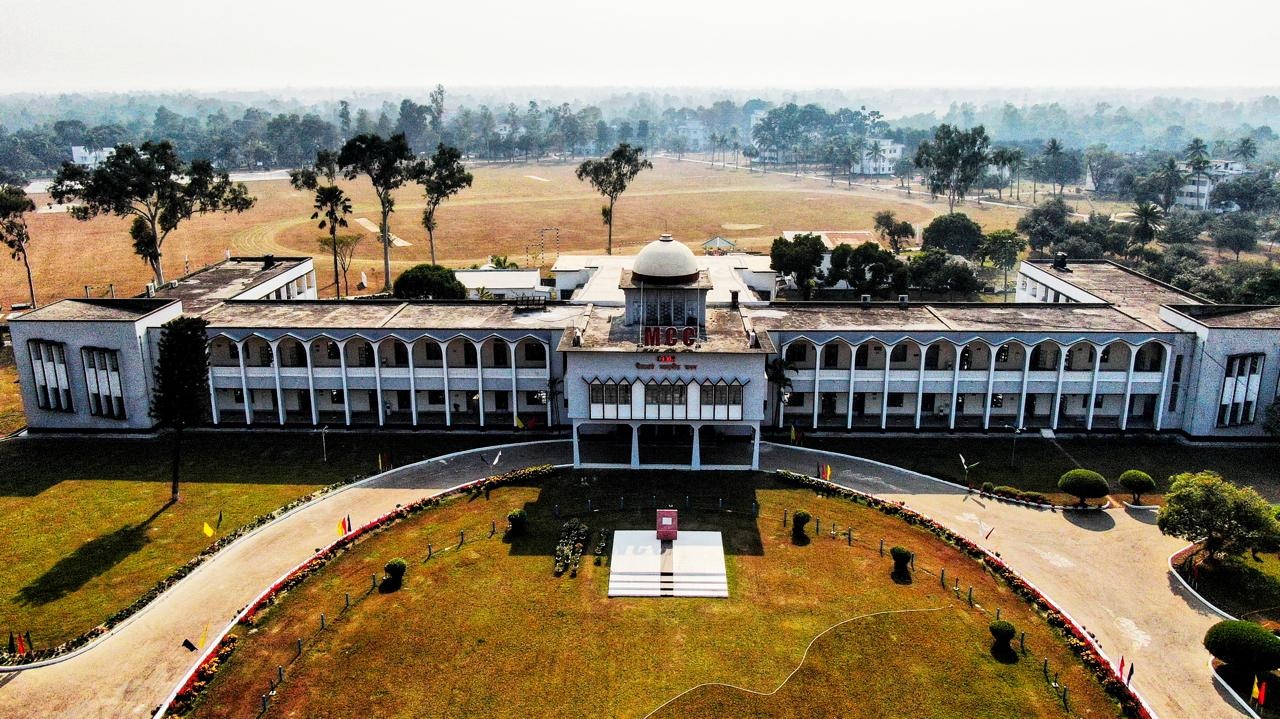About
Mirzapur Ex-Cadets' Association
The Mirzapur Ex-Cadets’ Association (MECA) is the alumni association of the prestigious Mirzapur Cadet College, established in 1963. MECA unites ex-cadets across generations, fostering a strong bond of brotherhood, shared memories, and a commitment to giving back to society.Through welfare programs, charitable initiatives and different events across the year- MECA actively works to make a difference while preserving the traditions and values instilled by MCC. By becoming a Member, you can play a crucial role in supporting these efforts and expanding the reach of this welfare organization. Your involvement helps the organization to grow, give back, and uphold the spirit of unity that defines our association. At MECA, we live by our proud motto: “United We Stand”—a testament to the enduring strength of our shared journey.
Alma mater - M.C.C
Mirzapur Cadet College
Mirzapur Cadet College is the third cadet college in Bangladesh. Like other cadet colleges, it implements the national curriculum while conducting various supplementary educational activities aimed at developing cadets' physical, mental, intellectual, moral, cultural, and leadership qualities. Additionally, the college has achieved remarkable success in academics.


Location and Surroundings
Mirzapur Cadet College is situated at 90°9' east longitude and 24°5.3' north latitude. To its north lies the Dhaka-Tangail highway, while the village of Rajabari surrounds it on three sides. A small branch of the Bangshi River flows along its eastern side, while the south and southwest are bordered by the Barinda River. On the west, the Footjani River meets the Barinda River. The distance from the college to Mirzapur police station is approximately 8 kilometers.
History
After the establishment of Faujdarhat Cadet College in Chittagong and Jhenaidah Cadet College in Khulna Division, plans were made to establish Momenshahi Cadet College (the former name of Mirzapur Cadet College). The primary goal of establishing this college, like other cadet colleges, was to train capable officers for the Pakistan Army.

During the Pakistan Era
The then-President of Pakistan, Field Marshal Ayub Khan, initiated the establishment of this cadet college. He laid the foundation stone on November 29, 1963, at Gorai, Mirzapur; then part of Mymensingh district. From then on, preparations were made to fully operationalize the college. However, this was not an easy task as the area was surrounded by forests and was rugged. Rajabari village, located near the college, was not yet fully developed. A rough, barren land was leveled, and a large canal was dug next to the college. Momenshahi Cadet College was established on an area of 95 acres. Major General Fazle Muqeem Khan formally inaugurated the college on January 9, 1965. Mr. M.W. Pitt was appointed as the first principal of the college.
In 1965, the academic activities of the college commenced. Initially, four batches (intakes) were admitted simultaneously. At that time, there were only two houses for the cadets. The houses were not named as they are today. The present Fazlul Haq House was named Jinnah House, and the present Suhrawardy House was named Ayub House. The present Nazrul House had not yet been established. The following year, when a new intake was admitted, another house was constructed, which is now known as Nazrul House. The college gained significant popularity in its first year.


During the Liberation War
When the college was running at full capacity, the Liberation War of 1971 broke out. At that time, both the principal and the adjutant of the college were Pakistanis. While in Rajshahi Cadet College, the adjutant encouraged cadets to join the war, the situation in Momenshahi was entirely different. The adjutant, Major Kaiyum, was not supportive. Despite these adversities, several cadets participated in the war. Shaheed Khorshed is an example of such bravery. A few other cadets also joined the war, and some returned to the college after independence.


Post-Independence Education System
Cadets are admitted to the 7th grade and study for six years. The Higher Secondary Certificate (HSC) examination serves as the final evaluation. Each class typically consists of fifty students. The Secondary School Certificate (SSC) and Higher Secondary Certificate (HSC) examinations are conducted under the direct supervision of the Dhaka Education Board.

Be the Change You Wish to See with GOOD DEED!
Your generosity fuels our mission to bring smiles and hope.
Designed & Developed by Code Generator.


